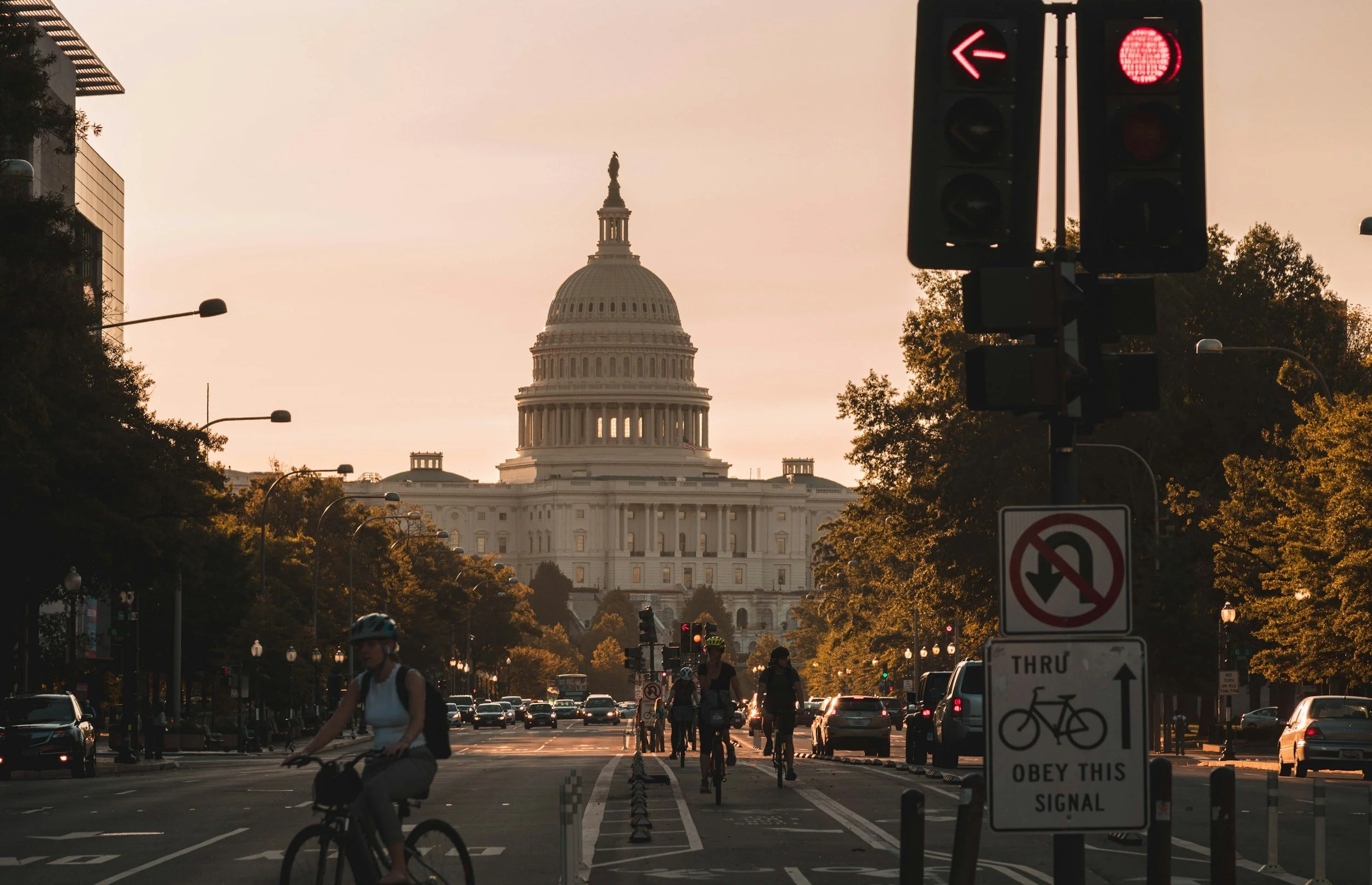Culture is larger than any single government
In the vast symphony of human experience, culture emerges as an omnipresent melody, echoing far beyond the structured measures of government. It is a fluid, all-encompassing rhythm, vastly more expansive than any single government or global entity. Even more so than the United Nations. This intricate interplay between culture and governance offers a rich terrain for exploration, highlighting both the boundless possibilities and inherent limitations.
At its core, culture is the collective heartbeat of a society, pulsating through music, art, language, traditions, and beliefs. It is an ethereal yet potent force, shaping our identity and worldview. Unlike the structured nature of governments, culture flows freely, unbounded by geopolitical borders. It thrives on human interaction, flourishing in the exchange of ideas, artistic expressions, and shared experiences. Music, a universal language, epitomizes this transcendence. It breaks barriers, connects hearts across continents, and speaks a language that is understood by all, irrespective of nationality or creed.
Culture wields a subtle yet impactful influence – a soft power that molds perceptions, fosters connections, and bridges divides. It creates a platform for diplomacy and understanding, often achieving what formal negotiations cannot. Through cultural exchanges, we find common ground, appreciate differences, and cultivate mutual respect. This soft power extends beyond mere admiration of diversity; it engenders empathy, forging bonds that are more resilient and meaningful than political alliances.
While culture knits the social fabric, governance provides the scaffold. Governments, in their essence, are tasked with the pragmatic aspects of societal functioning – infrastructure, resource allocation, law, and order. These are realms where cultural fluidity meets the rigidity of policies and regulations. Governments create the frameworks within which diverse cultures coexist, ensuring order and facilitating the distribution of resources. However, this role is often limited to the tangible, the measurable – aspects that culture transcends with ease.
The relationship between culture and government is a dance of harmony and tension. Culture creates a framework for personal and communal existence, offering a rich palette for self-expression and societal interaction. In contrast, government delineates the boundaries for these interactions, ensuring they coalesce into a coherent societal structure. However, the true beauty of this relationship lies in its dynamic nature – the continuous shaping of governance by cultural currents and vice versa.
Culture, in its boundless expanse, exceeds the confines of any single government or global body. It is the soul of human connection, thriving in shared experiences and mutual understanding. While governance plays a crucial role in structuring societal interactions, it operates within the physical and pragmatic realms. Culture, on the other hand, dwells in the realm of the intangible, weaving a tapestry of human connection that is as vast as it is vibrant.



